Categories → #nonfiction
-
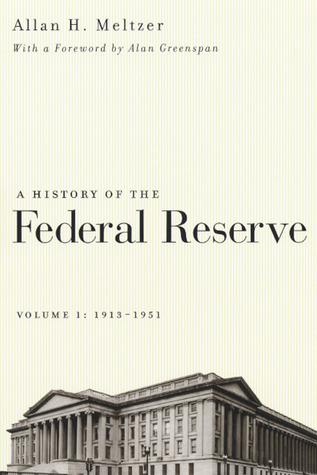 A History of the Federal Reserve, Volume 1: 1913-1951
A History of the Federal Reserve, Volume 1: 1913-1951To understand why the Federal Reserve acted as it did at key points in its history, Meltzer draws on meeting minutes, correspondence, and other internal documents (many made public only during the 1970s) to trace the reasoning behind its policy decisions.
-
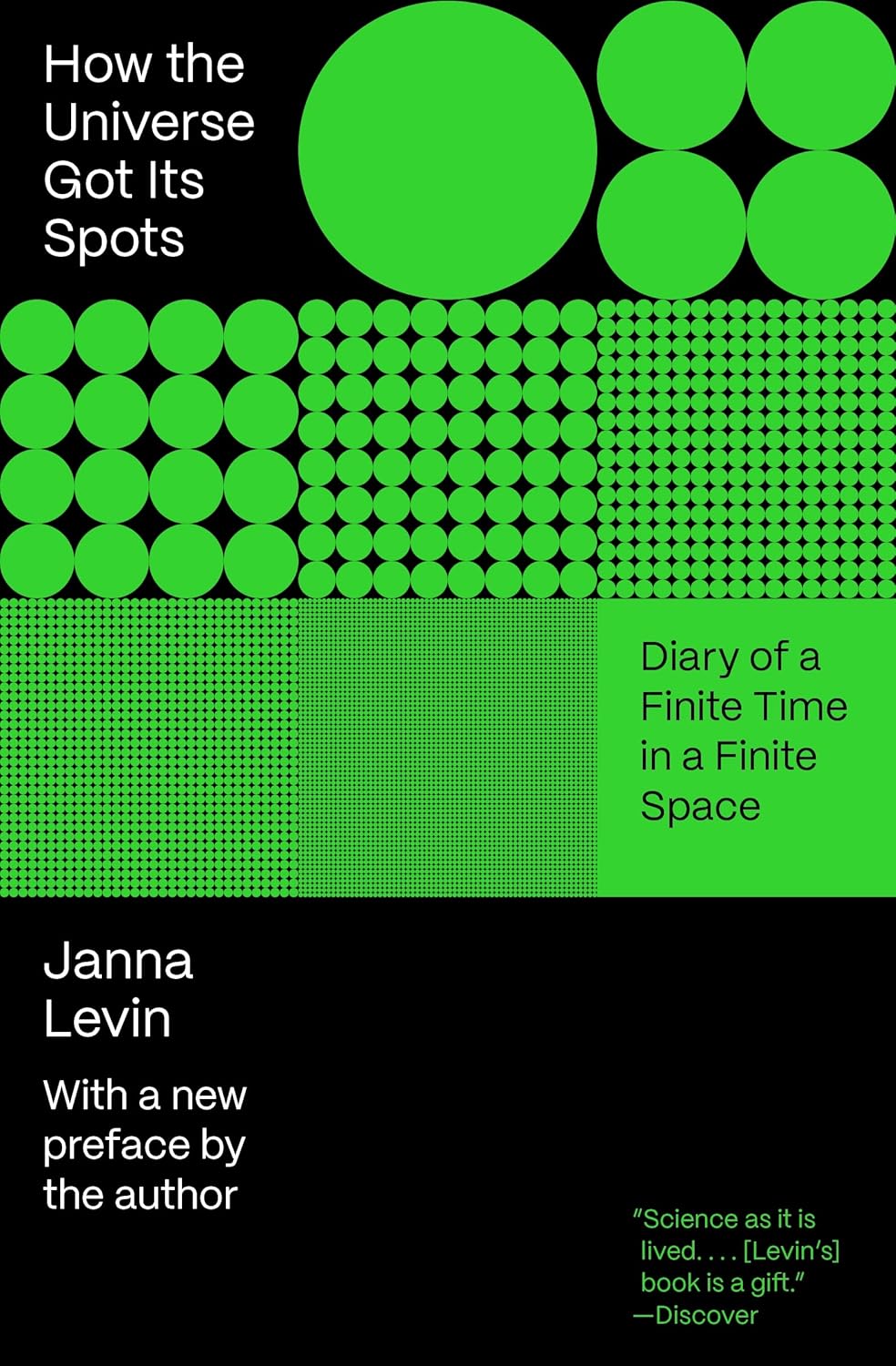 How the Universe Got Its Spots: Diary of a Finite Time in a Finite Space
How the Universe Got Its Spots: Diary of a Finite Time in a Finite SpaceIs the universe infinite, or is it just really big? Does nature abhor infinity?
-
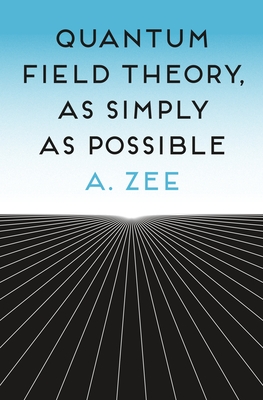 Quantum Field Theory, as Simply as Possible
Quantum Field Theory, as Simply as PossibleQuantum field theory is by far the most spectacularly successful theory in physics, but also one of the most mystifying. Quantum Field Theory, as Simply as Possible provides an essential primer on the subject
-
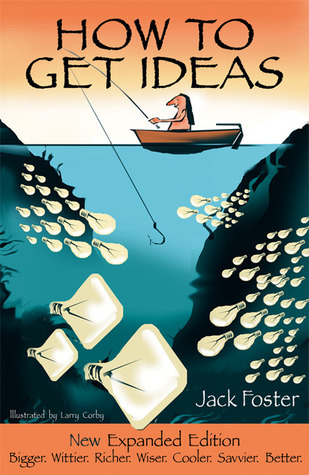 How to Get Ideas
How to Get IdeasJack Foster's simple five-step technique for solving problems and getting ideas takes the mystery and anxiety out of the idea-generating process.
-
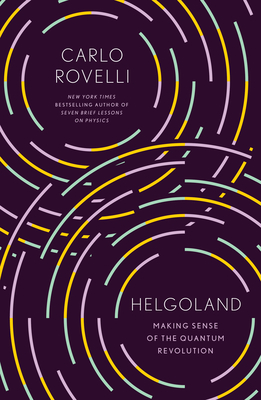 Helgoland: Making Sense of the Quantum Revolution
Helgoland: Making Sense of the Quantum RevolutionHelgoland is a treeless island in the North Sea where the twenty-three-year-old Werner Heisenberg made the crucial breakthrough for the creation of quantum mechanics, setting off a century of scientific revolution.
-
 The Biggest Ideas in the Universe: Quanta and Fields
The Biggest Ideas in the Universe: Quanta and FieldsThe universe is made of atoms and Sean Carroll explains exactly what that means and how we know it.
-
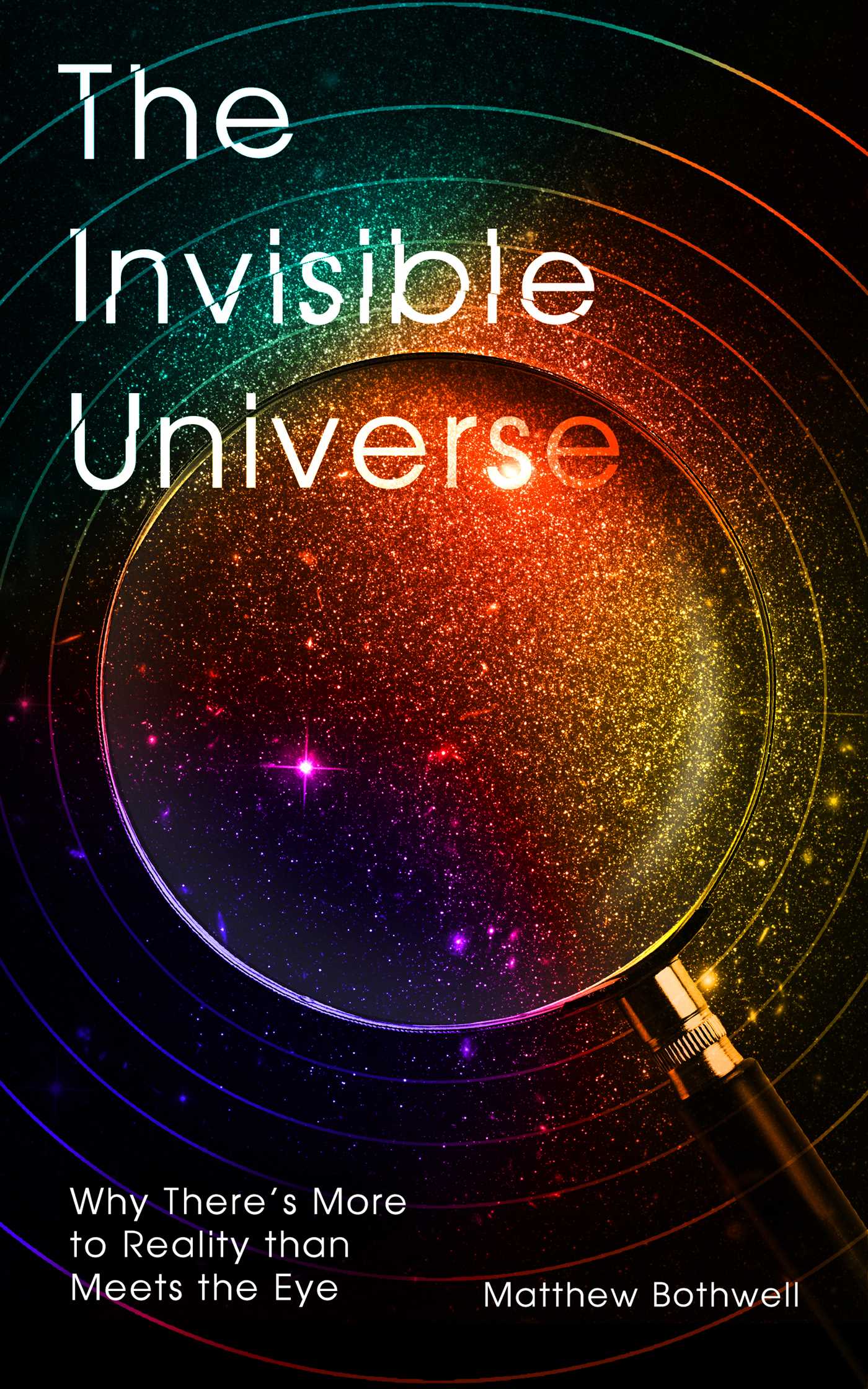 The Invisible Universe: Why There's More to Reality than Meets the Eye
The Invisible Universe: Why There's More to Reality than Meets the EyeFrom the discovery of entirely new kinds of galaxies to a window into cosmic ‘prehistory’, Bothwell shows us the Universe as we’ve never seen it before – literally.
-
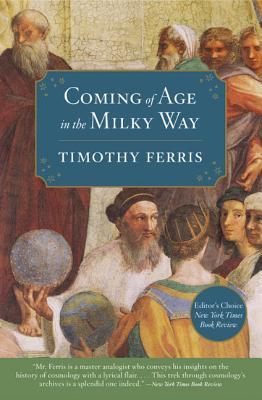 Coming of Age in the Milky Way
Coming of Age in the Milky WayFrom the first time mankind had an inkling of the vast space that surrounds us, those who study the universe have had to struggle against political and religious preconceptions.
-
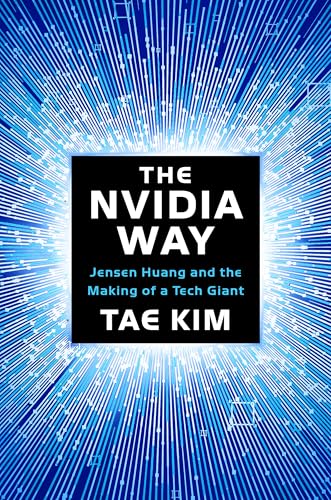 The Nvidia Way: Jensen Huang and the Making of a Tech Giant
The Nvidia Way: Jensen Huang and the Making of a Tech GiantA rare view into Nvidia’s distinct culture and Jensen’s management principles, The Nvidia Way is a book for our moment as well as an instant classic of business history, with enduring lessons for entrepreneurs and managers alike.
-
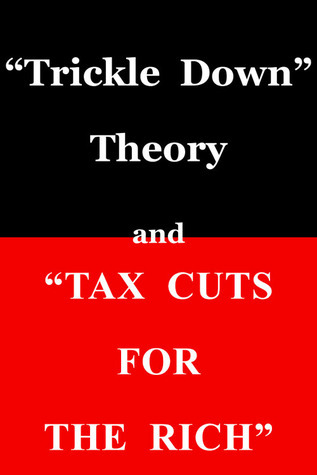 'Trickle Down Theory' and 'Tax Cuts for the Rich'
'Trickle Down Theory' and 'Tax Cuts for the Rich'Thomas Sowell rejects the term 'trickle-down theory' as a mischaracterization of supply-side economics, which he supports. He argues that tax cuts, even for the wealthy, stimulate investment and job creation, ultimately benefiting the entire economy through increased production and demand, not by a deliberate 'trickling down' of wealth.